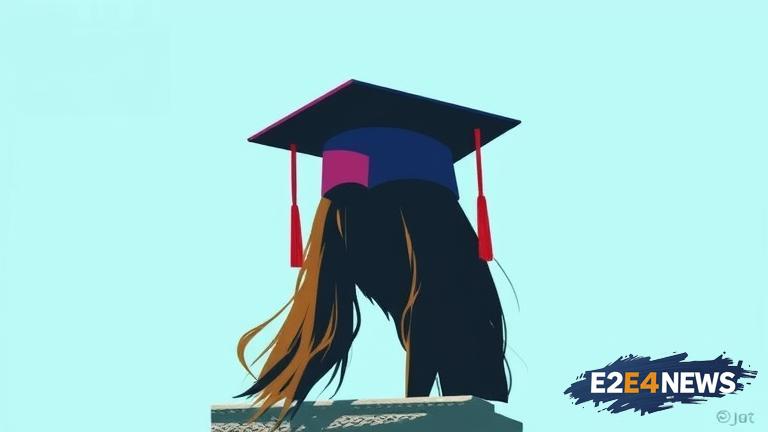The Trump administration has introduced a new policy that allows immigration officials to deny visas to international students who they deem may overstay their visas or violate the terms of their stay. This policy has sparked widespread outrage among international students, universities, and advocacy groups, who argue that it will have a devastating impact on the US education system and the country’s reputation as a hub for international students. The policy, which was announced in a memo from US Citizenship and Immigration Services, gives immigration officials more discretion to deny visas to students who they believe may not comply with the terms of their visa. This includes students who have been accepted to universities in the US but have not yet arrived in the country. The memo also states that immigration officials can consider factors such as the student’s academic background, their ability to support themselves financially, and their ties to their home country when making a decision about their visa application. Many universities have expressed concern about the policy, arguing that it will make it more difficult for them to attract top talent from around the world. They also argue that the policy will have a disproportionate impact on students from certain countries, particularly those in Africa and Asia. International students are a significant contributor to the US economy, with many paying full tuition fees and living expenses. They also bring a unique perspective and cultural diversity to US campuses, which is seen as essential to the country’s academic and economic success. The policy has been criticized by many as being overly broad and vague, with some arguing that it will lead to arbitrary and discriminatory decision-making by immigration officials. Others have expressed concern that the policy will have a chilling effect on international students, who may be deterred from applying to US universities due to the uncertainty and risk of visa denial. The Trump administration has argued that the policy is necessary to prevent visa overstays and ensure that students comply with the terms of their visa. However, many experts argue that the policy is not based on evidence and will have unintended consequences, such as driving talented students to other countries. The policy has also been criticized by lawmakers, who argue that it will harm the US economy and undermine the country’s competitiveness in the global education market. As the policy continues to be implemented, many international students are left in limbo, unsure of what the future holds for them. Some have reported being denied visas or having their applications put on hold, while others are struggling to navigate the complex and often confusing immigration system. The situation has sparked widespread concern and outrage, with many calling for the policy to be reversed or modified. In response to the criticism, the Trump administration has argued that the policy is necessary to protect national security and prevent abuse of the visa system. However, many experts argue that the policy is not an effective or efficient way to achieve these goals, and that it will have far-reaching and devastating consequences for international students, universities, and the US economy as a whole. The policy has also raised concerns about the impact on US universities, which rely heavily on international students for revenue and diversity. Many universities have reported a decline in international student applications, which could have significant financial and academic implications. The situation has also sparked a wider debate about the role of international students in the US education system and the need for a more comprehensive and nuanced approach to immigration policy. As the debate continues, one thing is clear: the Trump administration’s visa denial policy has sparked a crisis for international students and US universities, and it will have far-reaching consequences for the country’s education system and economy. The policy has been widely criticized by educators, lawmakers, and advocacy groups, who argue that it is misguided and will have devastating consequences. The situation has also highlighted the need for a more comprehensive and inclusive approach to immigration policy, one that takes into account the complex needs and contributions of international students. Ultimately, the fate of international students in the US remains uncertain, as the Trump administration’s visa denial policy continues to be implemented and debated.
